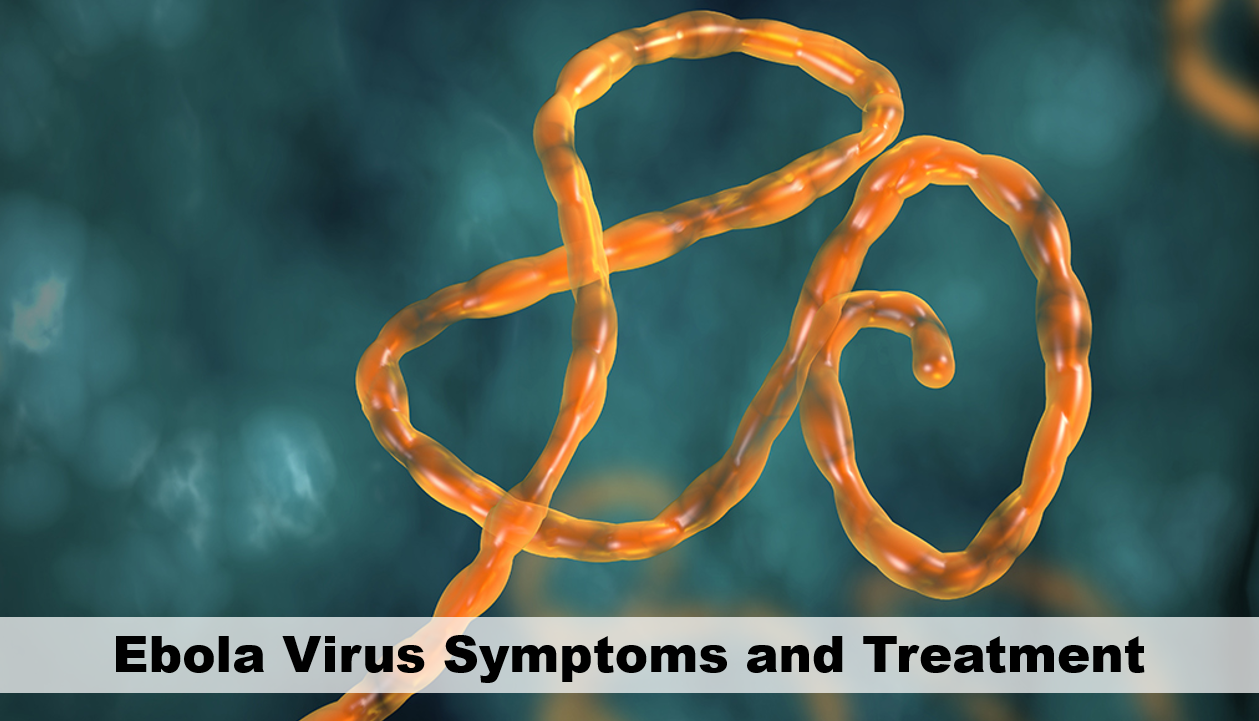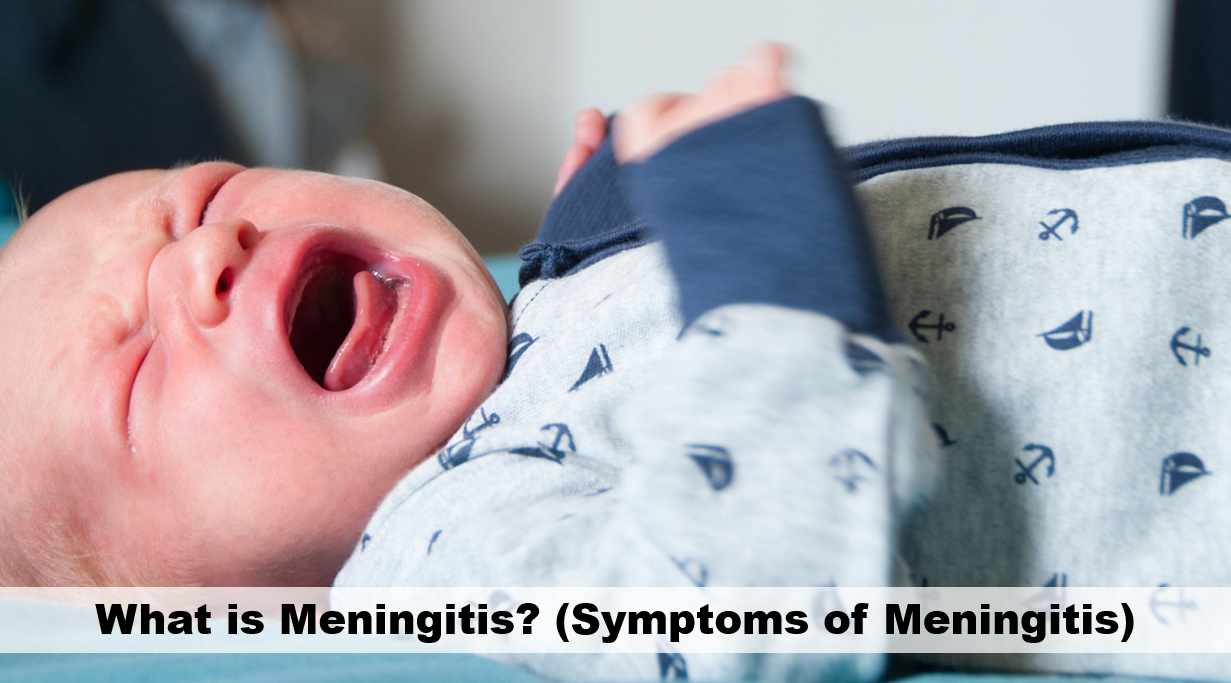Misophonia Causes and Symptoms

What is misophonia? What are the causes and symptoms of misophonia? Human psychology can be quite different and variable. Several developments can affect psychology positively or negatively. Sounds are one of the situations that affect psychology in this way. In today’s modern society, the incidence of misophonia is increasing more and more, especially in people with ear sensitivity. It is possible to see misophonia in 20 out of 100 people worldwide. Depression and obsessive-compulsive disorder may occasionally accompany the disease. Here, we will explain the causes and symptoms of misophonia in the text below.
What is Misophonia?
Sound can sometimes be disturbing. While it is generally the case for almost every person, some people may experience extreme disturbances against noises. If this condition becomes chronic, it becomes a disease called misophonia. When patients with misophonia are awake, they are constantly disturbed by sound in their environments. The most intense times of this disorder are the first hours of the morning or midnight when awakened from sleep. It may take a very long time to treat this disorder. Or, patients with misophonia are forced to continue to live uncomfortable with some sounds until they end up tense without getting used to this situation.
Misophonia Causes
Previous research on misophonia has suggested that the disease is related to hearing impairment and impaired perception. However, it was later proven to be a psychological symptom. Brain imaging studies in patients with misophonia have detected abnormal activity in the anterior insular cortex, and patients’ responses to environmental sounds and differences in processing. Misophonia, a disease that disrupts a person’s social functioning and quality of life, usually begins in adolescence, but the diagnosis may take up to the age of 30s. Since people do not see the discomfort from the sounds as a disease, they do not go to treatment and try to deal with themselves.

Misophonia Symptoms
Patients with misophonia overreact to environmental sounds. Symptoms of misophonia disease, triggered by sounds, such as toothbrush, food, whistle, and breath, are like a social cramp. When exposed to these environmental sounds, patients may lose control, become aggressive, and tend to violence.
- Hating foods such as seeds, popcorn, chips that make noise during eating
- Feeling anger when you hear an alarm in the morning
- Inability to tolerate a baby crying
- Disturbed by rhythmically hitting the floor or any object at school, work or any place
- Be afraid and worried about going out of the house and being in a social environment
Treatment Methods of Misophonia
There is no definitive treatment for misophonia, but research is ongoing. Misophonia should be examined for disease-causing conditions and discomfort. First of all, the causes of the patient’s sensitive attitude towards the sounds should be tested, and the necessary suggestions should be made to eliminate the problems. Psychiatric support is very effective in successful treatment. Patients who do not receive psychological support have difficulty communicating with the family and others. It is possible to overcome the disease through treatments that allow the person to focus on events rather than sound.




